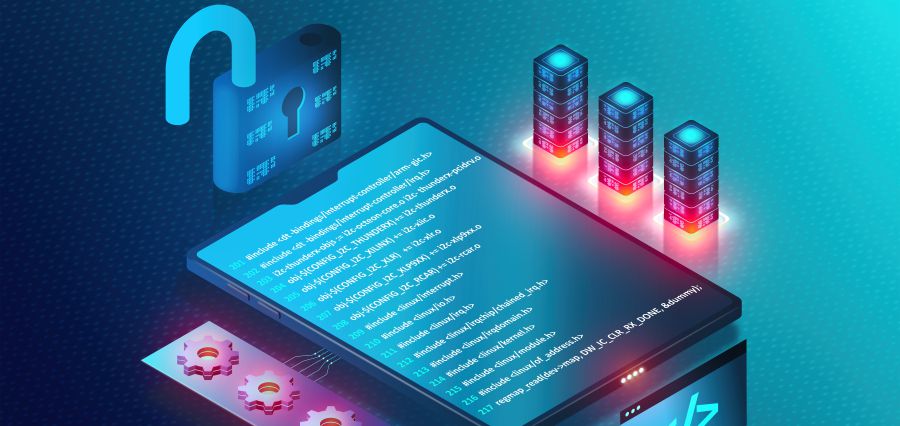Open-source operating systems are transforming the tech landscape with their numerous benefits, but they also present certain challenges. In this article, we’ll explore the exciting advantages and potential drawbacks of open-source operating systems to help you determine if they’re the right fit for you.
Definition of Open-Source Operating Systems
An open-source operating system is software that lets anyone see, use, and change its code. They make their source code available to everyone. This means you can freely copy and use it anywhere you want.
Open-source operating systems don’t include extra features for licensing, advertising, or promoting other products. Users can modify the code and create new applications based on their needs. Some well-known examples of open-source operating systems are Linux, Open Solaris, Free RTOS, Open BSD, Free BSD, and Minix.
{1}
Reasons to Choose Open-Source Operating Systems:
- Freedom and Flexibility: You can pick from various versions and interfaces that meet your needs.
- Customization: You have the ability to modify the code or help develop the software.
- Security:They’re usually more secure than other systems, with ongoing reviews and improvements by a large community.
- Stability:They’re often more stable and reliable than other systems.
- Cost-Effective:They’re often free to use, with no licensing fees.
{2}
Challenges of Open-Source Operating Systems:
- Technical Skills Required: Installing and maintaining them may need more technical knowledge and effort than other systems.
- Compatibility Issues: You might face bugs or compatibility problems that aren’t well-documented or resolved.
- Limited Functionality: Certain functionalities or services found in other systems may be absent.
- Less Legal Protection: If issues arise, there may be fewer warranties or liability protections than other systems.
{2}
The Most Widely Used Open-Source Operating System:
| Linux | |
| Advantages | ● Free to download, modify, use and distribute
● More secure than Windows ● Handles failures well ● Has faster updates compared to Windows ● Can be easily installed and customised ● Privacy-focused ● Can run multiple processes simultaneously ● Supports almost all file types for execution |
| Disadvantages | ● Not compatible with certain hardware devices
● Harder to learn than other systems ● Has many versions ● Offers less commercial support than other systems. |
{3}
If you have the knowledge and are looking for a flexible, secure, and budget-friendly option, an open-source operating system might be the right choice for you. However, if you aren’t comfortable with technology or need specific features, you may want to consider other systems.
Resources:








